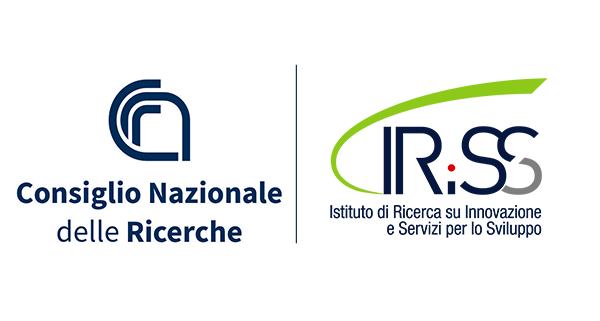The Erasmus+ PS-U-GO project aims at providing Higher Education Institutions’ students with advanced participatory and soft skills for sustainable urban governance through innovative education, set in real-life environments.
The kick-off meeting of the ERASMUS+ project “Education in Living Labs: Participatory Skills for sustainable Urban Governance (PS-U-GO)” was held online on 16th January 2024.
The project, coordinated by the University of Cyprus, is developed in cooperation with the Institute for Research on Innovation and Services for Development of the National Research Council of Italy (CNR-IRISS), Brandenburgische Technische Universität Cottbus-Senftenberg, Social Fringe: Interesting Untold Stories, Palermo Urban Solution Hub (PUSH), Urban Foxes and AESOP – Association of European Schools of Planning Thematic Group for Public Spaces and Urban Cultures – (AESOP TG PSUC) as linked partner.
In accordance with the objectives of the European Skills Agenda and taking into consideration the focus of the current European Year of Skills, PS-U-GO aims to develop improved, more appropriate skills and competences for students, as well as to ensure upskilling and lifelong learning for other stakeholders involved, building potential and resilience to current and future crises and challenges.
Targeting Higher Education Institutions’ students, particularly future architects and urban planners, the project will provide students with advanced participatory and soft skills for sustainable urban governance through innovative education, set in real-life environments. To this end, Urban Living Labs (ULLs) will be implemented as educational spaces involving diverse kind of stakeholders from the quadruple helix to experiment and test ideas and solutions to urban challenges, with the ambition of enabling place-based civic participation to address issues of public concern in respect to common values.
The project will review and map existing ULL methodologies and participatory approaches to establish a pedagogic framework of situated learning and a strategy for co-creation. Online and in-person training will prepare the students to take part in their local ULLs, implemented in four cities, Cottbus (Germany), Naples (Italy), Nicosia (Cyprus) e Palermo (Italy).
Key results will be the co-creation of urban solutions and interventions in four ULLs, and the development of advanced participatory and soft skills of students and other stakeholders. Outputs include a framework for situated learning in ULLs, a co-creation handbook, context-sensitive ULL methodologies, an online manual for participatory skills and a booklet for each ULL.
Specifically, CNR-IRISS lead WP3 focused on Participatory Skills and Knowledge Co-Creation and contribute to all other WPs’ activities. CNR-IRISS research and communication team, under the scientific coordination of Stefania Ragozino, includes Gabriella Esposito, Maria Patrizia Vittoria, Stefania Oppido, Valeria Catanese, and Maria Cerreta (University of Naples Federico II and CNR-IRISS Associate).


